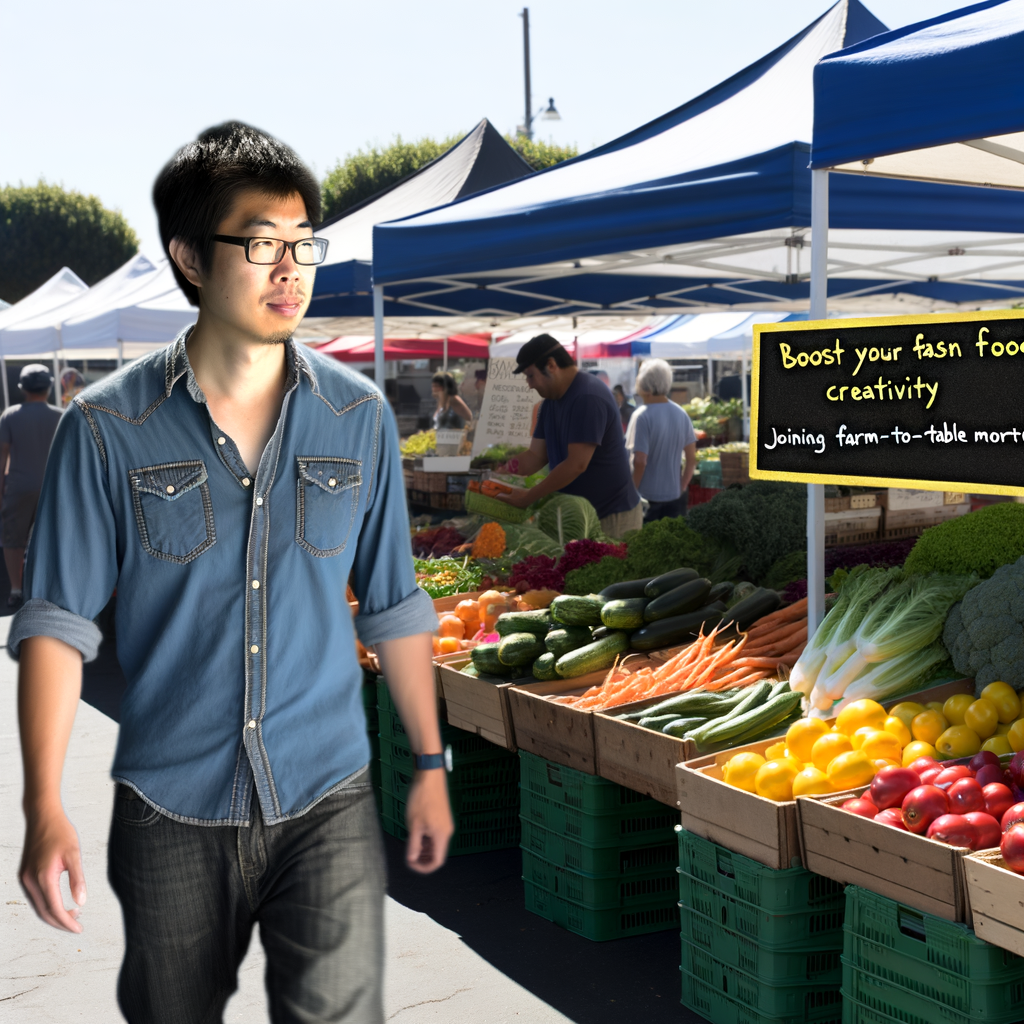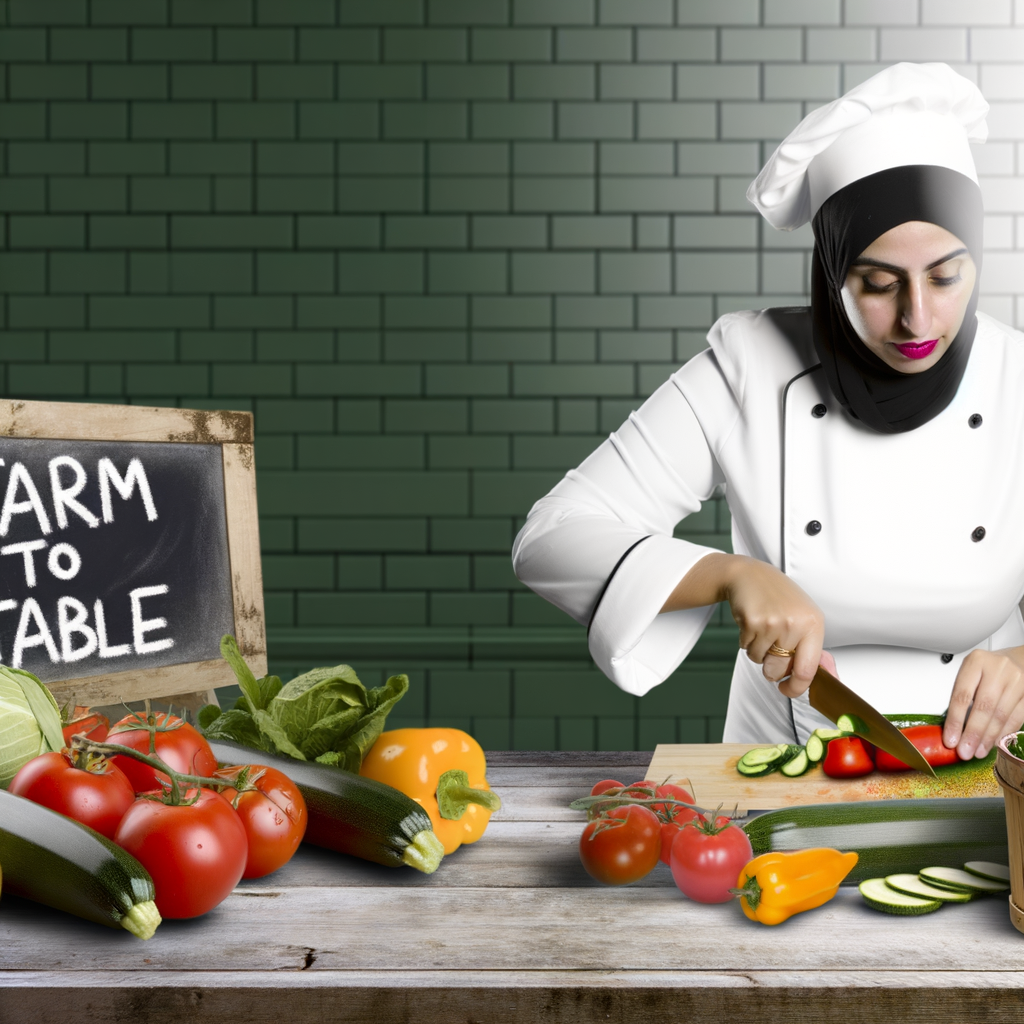Farm-to-table is a movement that has been gaining popularity in recent years, and for good reason. It emphasizes the importance of using locally-sourced ingredients in cooking, rather than relying on imported produce. This not only supports local farmers and businesses, but also promotes sustainability and reduces the carbon footprint of food production. In the United Kingdom, where I am based, this concept has taken on a special significance as we strive to preserve and celebrate our unique food culture.
At its core, farm-to-table is about connecting with the land and the people who grow our food. It encourages us to appreciate the seasons and the natural flavors of our surroundings. By sourcing ingredients from nearby farms and markets, we can ensure that our food is fresh, nutritious, and bursting with flavor. It also allows us to support small-scale and family-run farms, which are vital to the success of our local food systems.
In my travels around the country, I have been fortunate enough to visit many farms and see firsthand the hard work and dedication that goes into growing our food. From fields of fresh vegetables to orchards of juicy fruits, there is no shortage of delicious, locally-grown produce available. And with the rise of farmer’s markets and community-supported agriculture programs, it has never been easier to access these ingredients directly from the source.
As a chef, it is my duty to showcase the best of British cuisine, and I firmly believe that utilizing local produce is key to achieving this. By embracing farm-to-table practices, we can not only create delicious and unique dishes, but also support our local communities and preserve our culinary heritage. So next time you sit down to a meal, I encourage you to consider where your food comes from and the impact it has on our environment and our culture.





